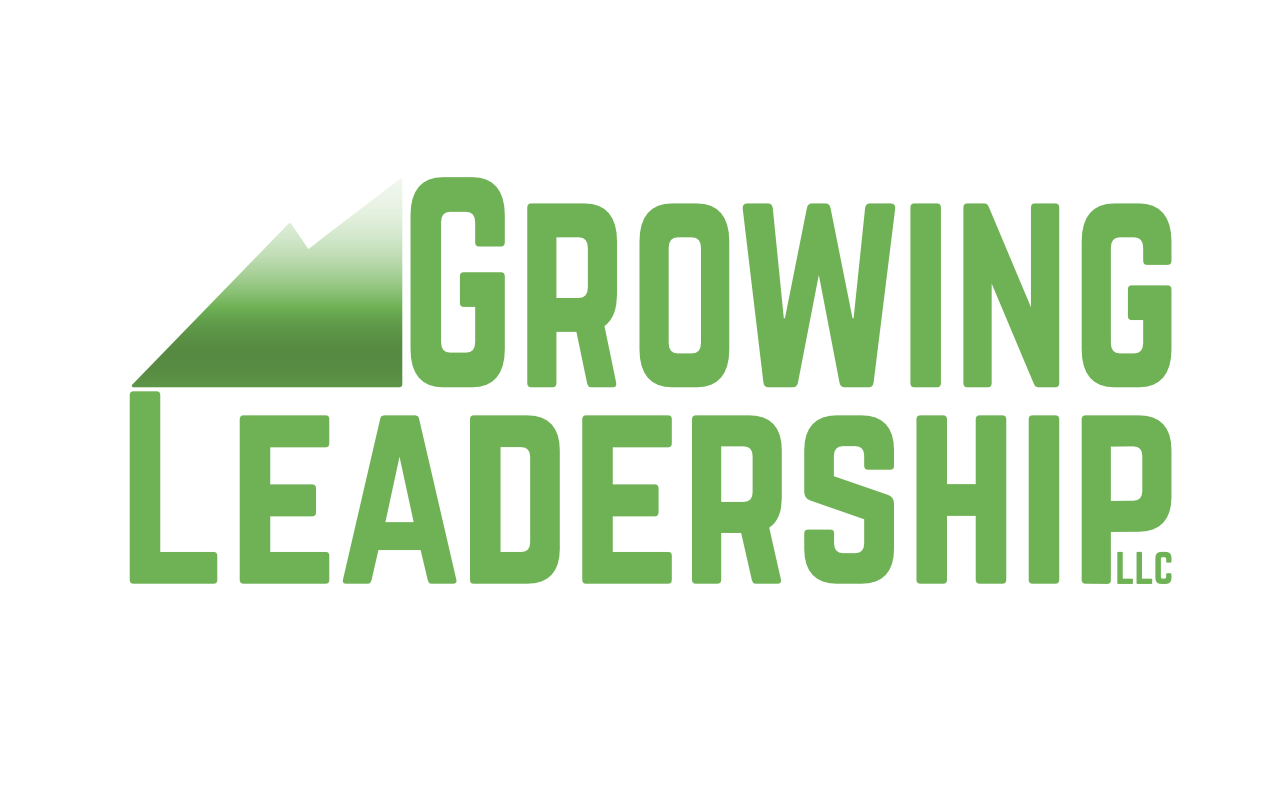Managing Difficult Conversations
It seems like conversations these days are as a difficult as ever. Whether with family members, work colleagues, employees, or strangers, the ability to have a productive discussion on any topic where there might be disagreement is invariably fraught. This is especially true when the subject veers into politics.
We seem to have two ineffective modes when it comes to difficult conversations – engaging in conflict or avoiding hard topics altogether. Neither seems particularly satisfying. In a workplace setting, avoidance may be better than conflict, but it can foster an environment where people who need to work together may steer clear of each other.
Sadly, we have gotten to a point that many are quick to demonize those who disagree with them. This is especially true in politics with people assuming and often stating (especially on social media) that “those people” are evil or stupid. Doing our best to treat everyone with dignity and respect is clearly a better way to go by applying these key principles developed by William Doherty:
· connect first, then share your view
· aim for “accurate disagreement” instead of “distorted disagreement”
· focus on policy and not underlying motives (assume good intentions unless proven otherwise).
These are three key skills to apply to difficult conversations:
1. Acknowledge the other person’s view and the strength of their feelings about the issue
2. Find something to agree with, if possible
3. Offer your perspective using “I” statements, mentioning values, and avoiding negative labels.
Listening skills, a key part of the acknowledgment step, are especially critical. I recall Stephen Covey’s wisdom in his classic The Seven Habits of Highly Successful People: listening to understand and striving for win-win solutions both apply.
You can read more in my recent column in the NH Business Review https://www.nhbr.com/managing-difficult-conversations/
We each have an extraordinary opportunity to make a difference in people’s lives, including our own. Don’t underestimate your impact!
